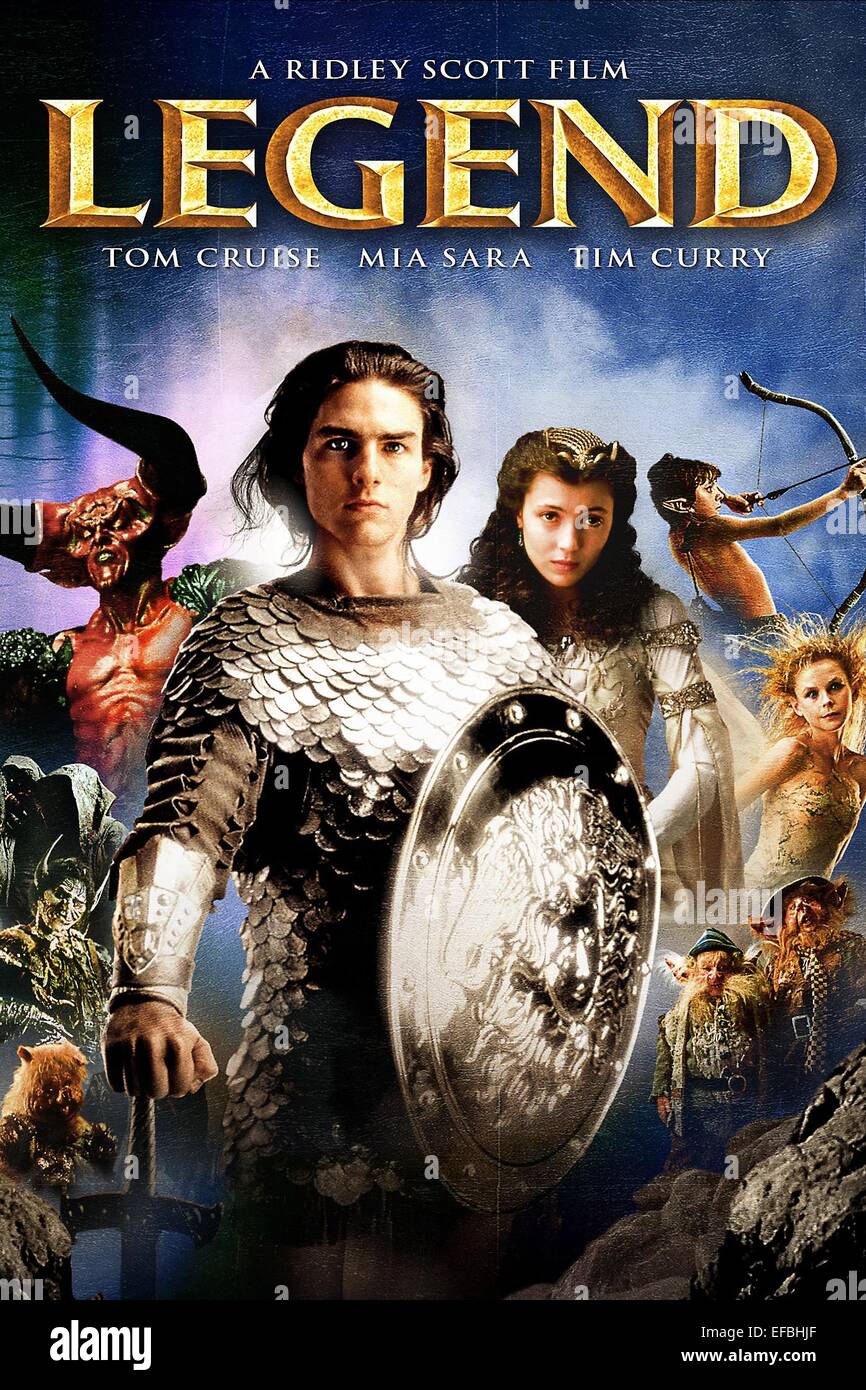A legend is a traditional or historical story or narrative that is passed down through generations, typically involving heroic characters, extraordinary events, or mythical creatures. The meaning of legend is a story coming down from the past; A legend is a traditional story or narrative passed down through generations, often rooted in historical events or real people, but embellished with imaginative … Formerly the term legend meant a tale about a saint. A very old story or set of stories from ancient times, or the stories, not always true, that…. A legend is a story associated with a people or a nation; It refers imaginary events to some real … The legend of king arthur. · what is a legend? There are 20 meanings listed in oeds entry for the noun legend, five of which are labelled obsolete. Legend, traditional story or group of stories told about a particular person or place. How to use legend in a sentence. Hippolyte delehaye distinguished legend from myth: Concerned with a real person, place, or event and is popularly believed to have some basis in fact: See ‘meaning & use’ for definitions, usage, and quotation evidence. One popularly regarded as historical although not verifiable. · a legend can be defined as a traditional story or narrative about a historical event, person, or place, which may involve miraculous or supernatural occurrences. · legend (countable and uncountable, plural legends) the life story of a saint (such stories are often embellished, but any kind is called a legend) The legend, on the other hand, has, of necessity, some historical or topographical connection.
The Legend Lives On Decoding The Vw Golf Mk2 18 16V Gti Specs That Defined A Generation
A legend is a traditional or historical story or narrative that is passed down through generations, typically involving heroic characters, extraordinary events, or mythical creatures....




